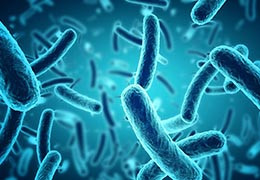Search in blog
Blog categories
Latest posts

Discover the ultimate health synergy: Carbon 60 combined with Palacio de los Olivos extra virgin olive oil. This...

Discover the holistic perspective of an integrative health expert regarding Carbon 60 in olive oil. This article...

Discover how Carbon 60 (C60) can help you move with greater ease and comfort. This breakthrough antioxidant supports...

Feeling drained after busy days or tough workouts? This article shows how Carbon 60 (C60) helps your body resist...

Train harder with less downtime. This article explains how Carbon 60 (C60) helps athletes quiet exercise-induced...
Popular posts





Top authors
-
 Manon 67 Posts View posts
Manon 67 Posts View posts -

Photo gallery
No featured images








